What do home inspectors look at when inspecting your plumbing?
Water Source
Where does your water come from? Is it public or private, a well or a spring?
The Main Water Shut-Off Valve
In the case of a water leak, you will want to know where to shut off the valve to turn the water off. The inspector should also look at your low-flow water indicator to determine if you have a small water leak on the owner’s side of the water meter. If there is a leak, it might be under the ground, and you want to avoid ending up with a hefty water bill or an expensive repair. The leak could be in the yard or under the house.
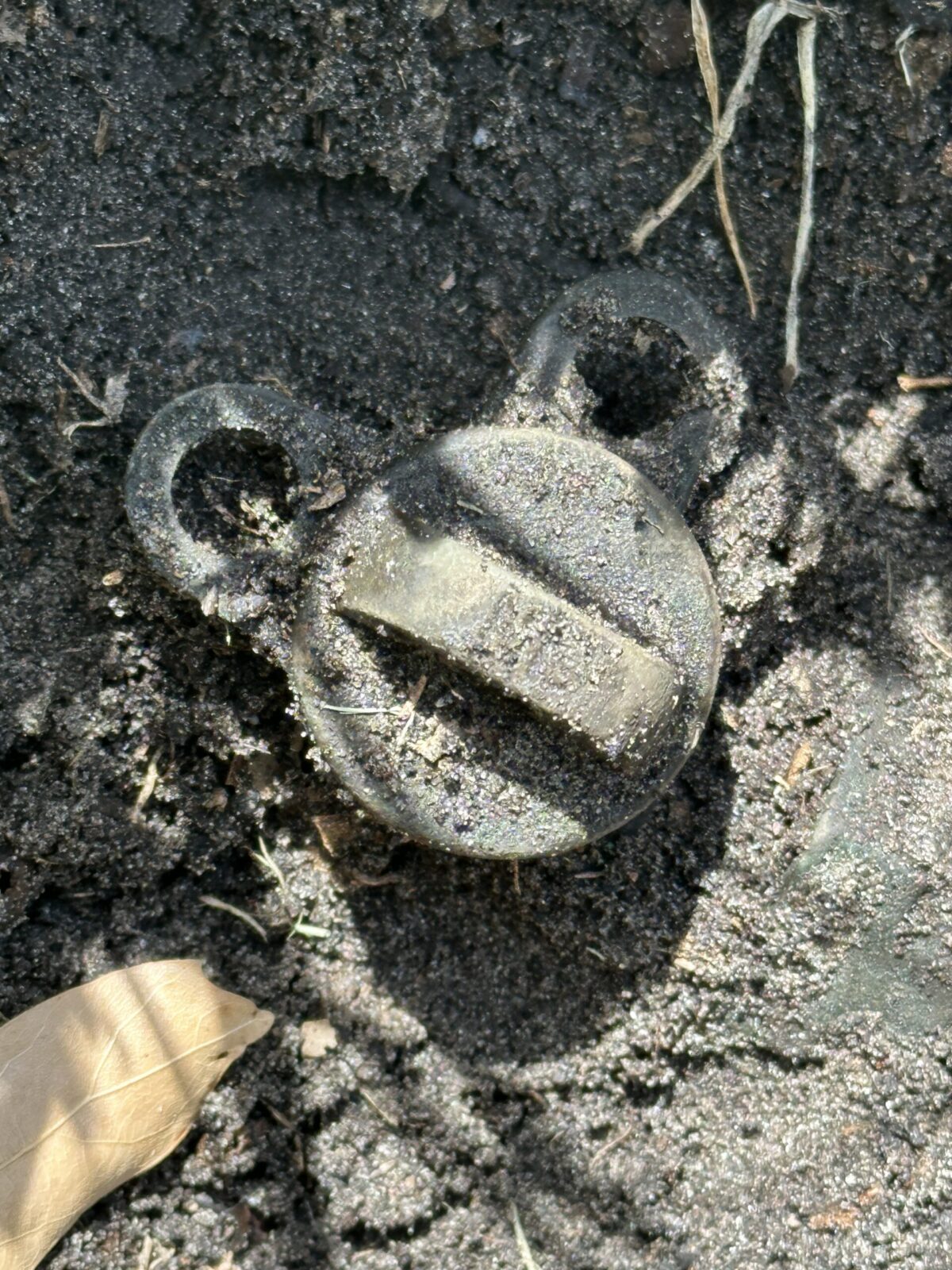
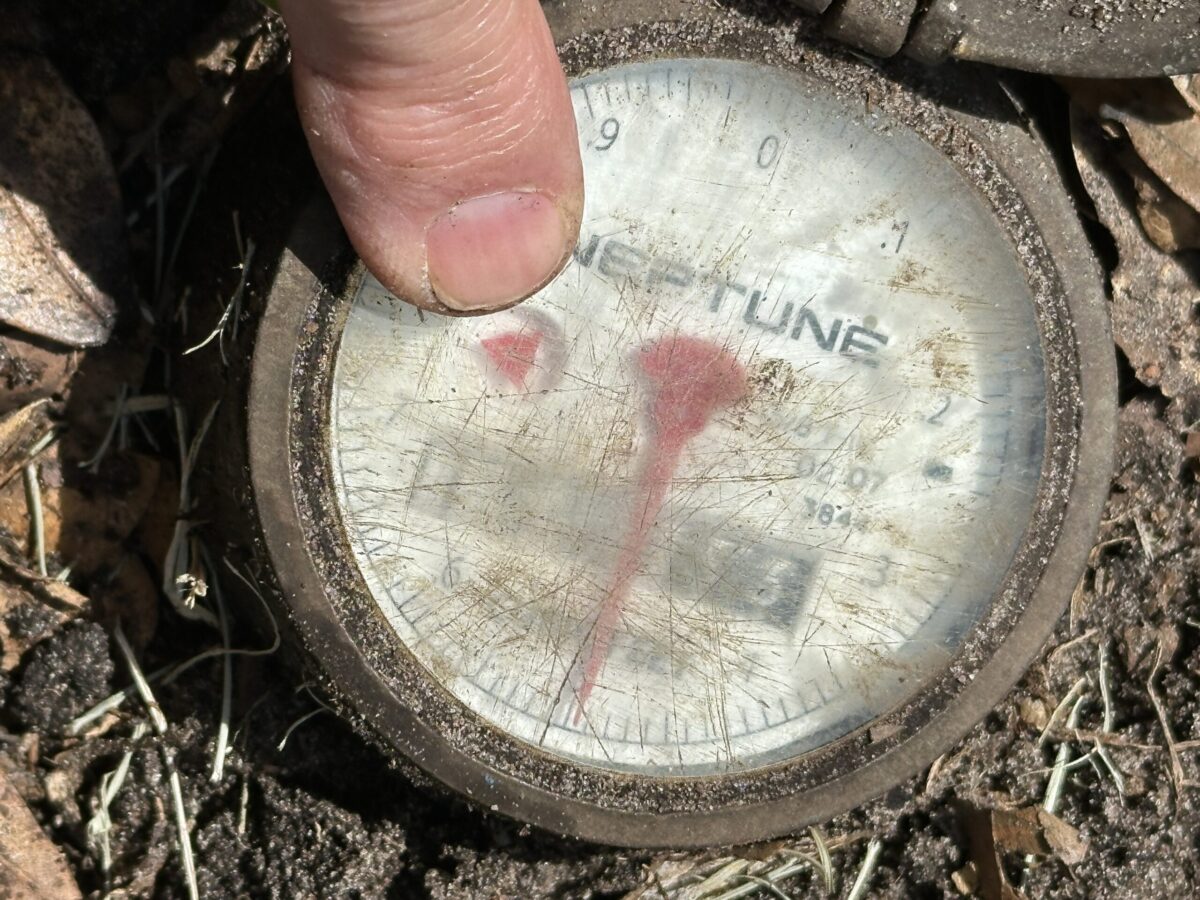
Water Supply Distribution System
The inspector will inspect for the type of pipe used in the home. This is important because some insurance companies will not insure a home with polybutylene or galvanized pipes.
Drain Waste and Vent System
Your inspector will check for proper drain size, materials used, improper connections, leaking pipes, and poor drainage in the showers, sink, and tub. Some older homes have sewer pipes made of cast iron, clay, and Orangeburg pipes. In my opinion, these are the least desirable building drain pipes. The products that I prefer these days are PVC or ABS. ABS has been used since the 1960s.
The Hot Water System Controls and Flues and Vents
The inspector will look for capacity in the hot water tank, such as whether the tank is sufficient for the size of the home. They will also look for the location of the tank (or tankless water heater), manufacture date, manufacturer, and power source. They will look to see if there is corrosion, improper installation, an irregular flame, and whether or not it is near the end of useful life. Inspectors also look to see if the burner ignition ignites. We look to see if there is a drip pan, an expansion tank, water stains, or leakage.
Fuel Storage and Distribution Systems
We will locate the central gas shut-off valve location, because you will need to know where it is in case of an emergency. Inspectors look for corrosion, excessive gas odor, and improper installation.
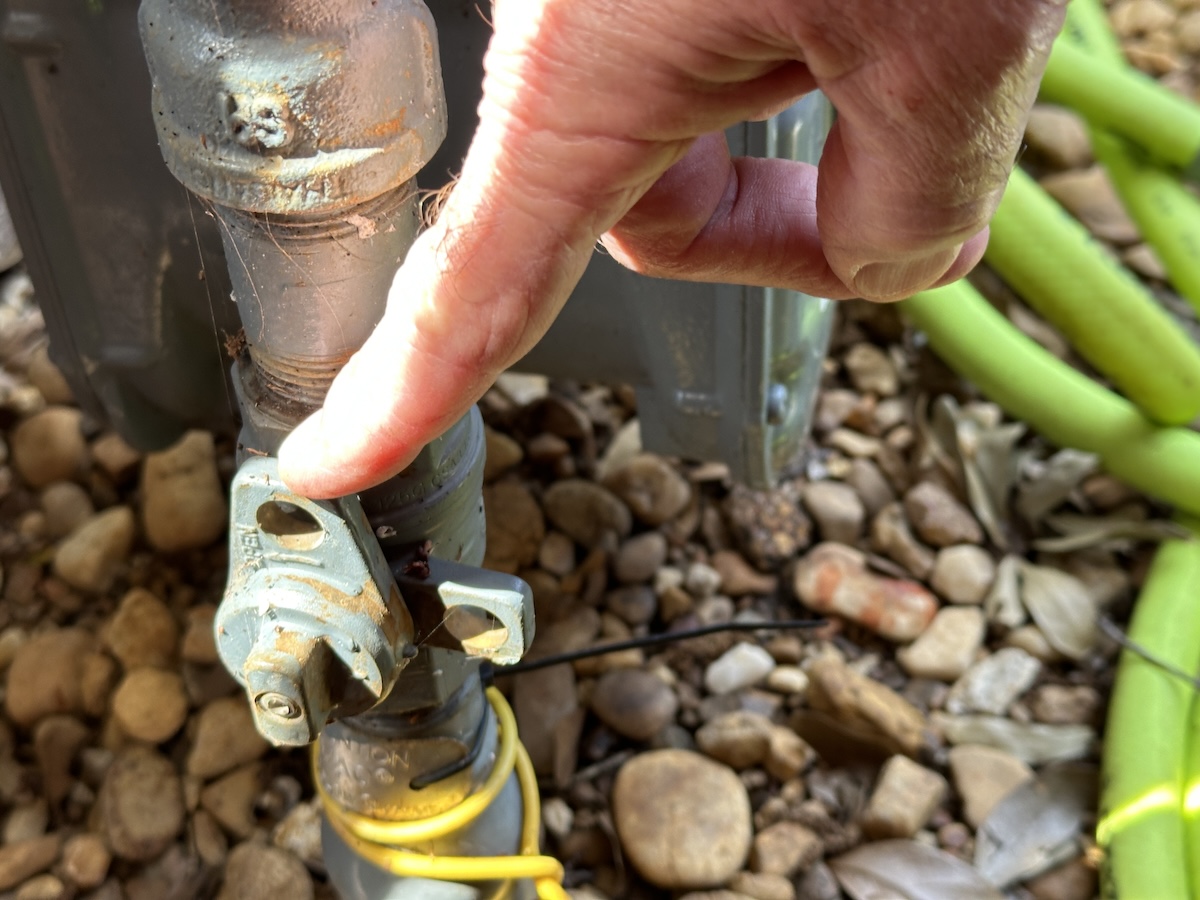
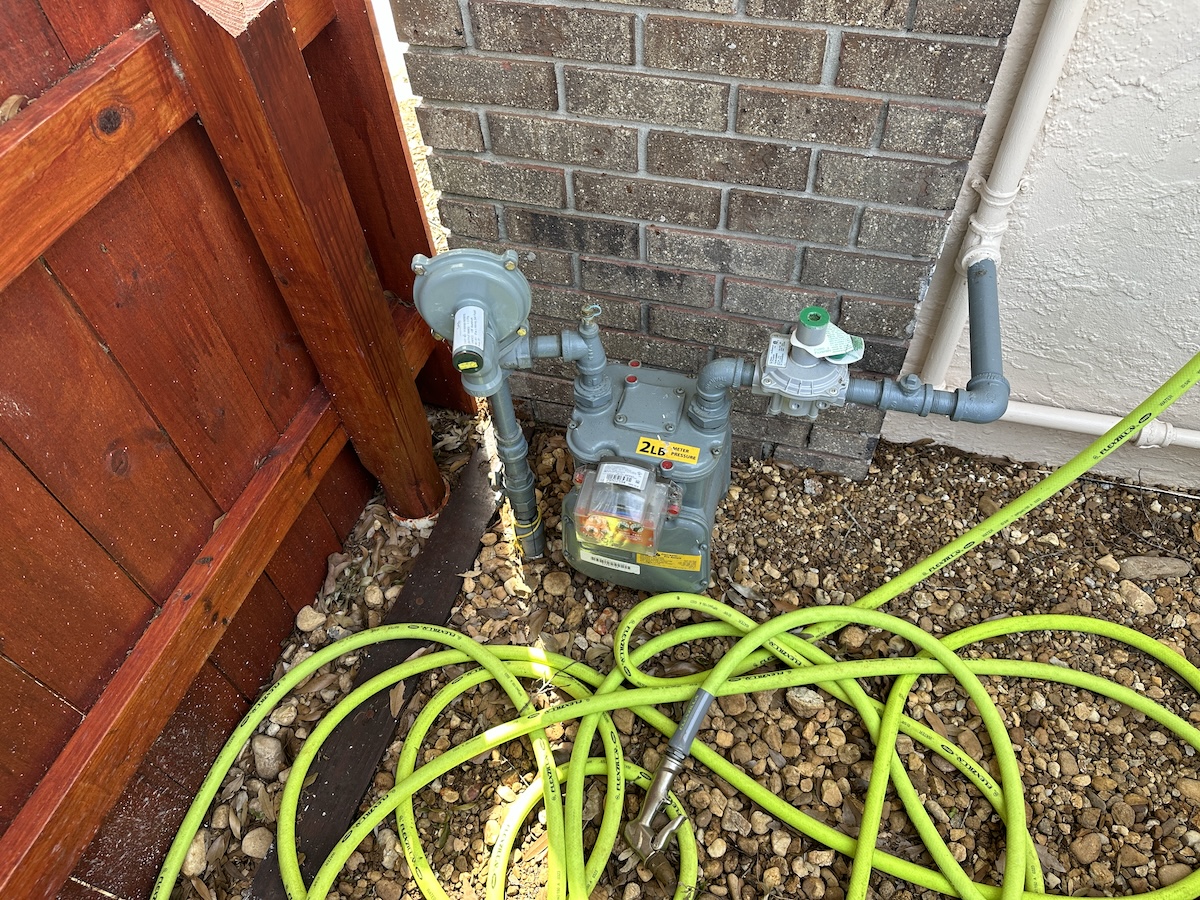
Sump Pump
Your inspector should locate the sump pump and check for these things: Proper installation, operability, shut-off valve, and need for cleaning.
Be sure to ask your inspector if you have any questions.
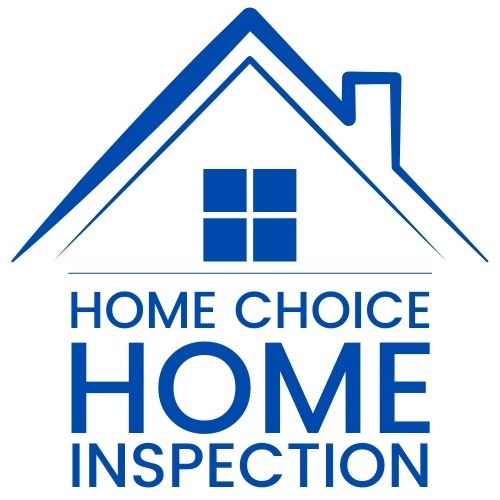
Extended Opportunity
Wednesday 1st of May 2024
Are you still using Calendly to schedule your calls and meetings?
If your answer is yes, then you are actually hurting your business not helping it…
Calendly is limited, doesn’t unlock the full potential of your business…
And to make matters worse, they charge you monthly…
What a joke…
But you don’t have to worry, because my good friend Kundan is about to change the entire market …
You see, he just launched his newest creation AI Calenderfly…
The world’s first appointment-setting app that is fully powered by AI…
It will do all of the heavy lifting for you on complete autopilot…
AI meeting scheduling AI reminders AI tracking And much much more
You can even accept payments live, and collect leads…
But it gets even better…
You don’t have to pay a penny in monthly fees…
Click here to watch AI Calenderfly in action and secure your copy at the lowest price possible… https://ext-opp.com/AICalendarfly
Extended Opportunity
Monday 29th of April 2024
Hey, did you know there are app that mass generate hundreds of redirects to your link from different domains? Get it here - https://ext-opp.com/BUS
Extended Opportunity
Friday 26th of April 2024
Word's First NLP & ML Based Email, Voice & Video Marketing Autoresponder Thats Boost Email Delivery, Click & Open Rates Instantly https://ext-opp.com/VidMailsAI
Extended Opportunity
Sunday 21st of April 2024
MobiApp AI - True Android & iOS Mobile Apps Builder (Zero Coding Required) https://ext-opp.com/MobiAppAI
Extended Opportunity
Wednesday 17th of April 2024
An Ultimate Web-Hosting Solution For Business Owners https://ext-opp.com/HostsMaster